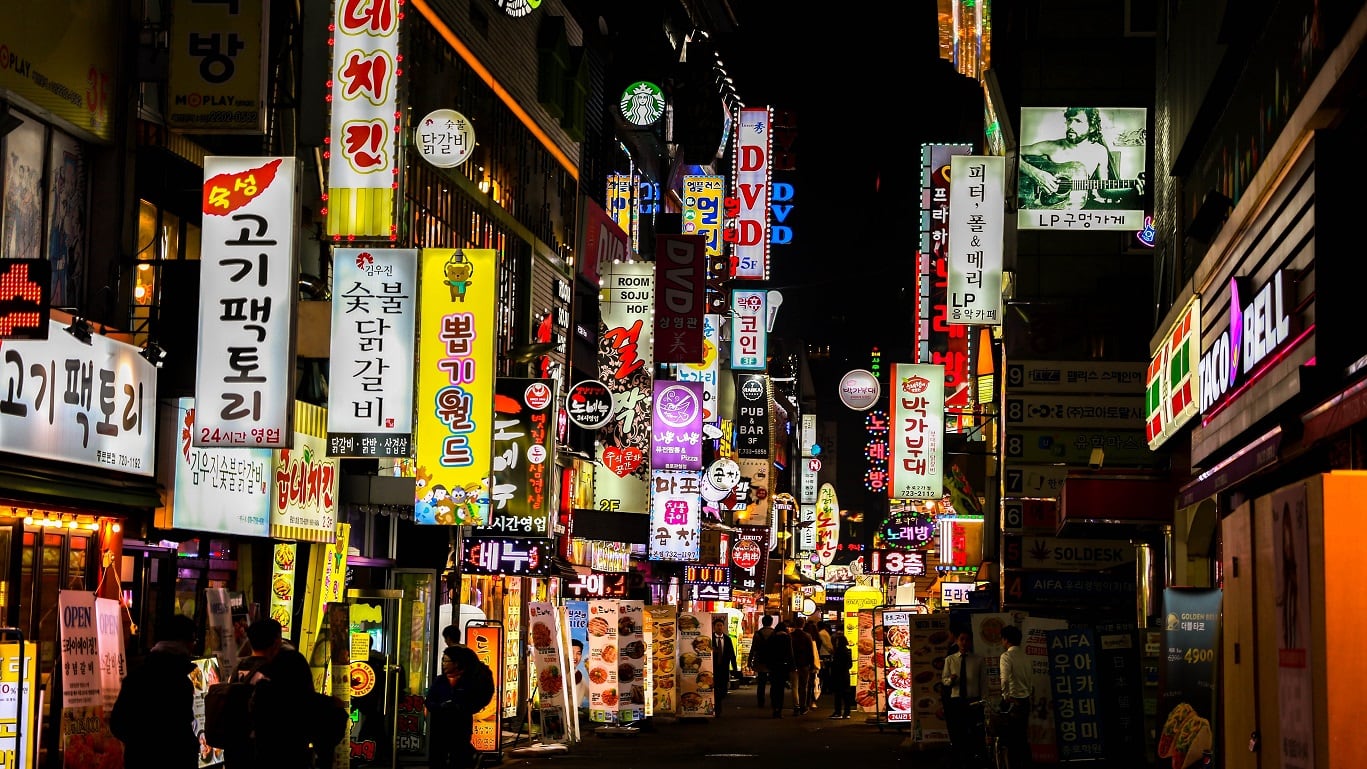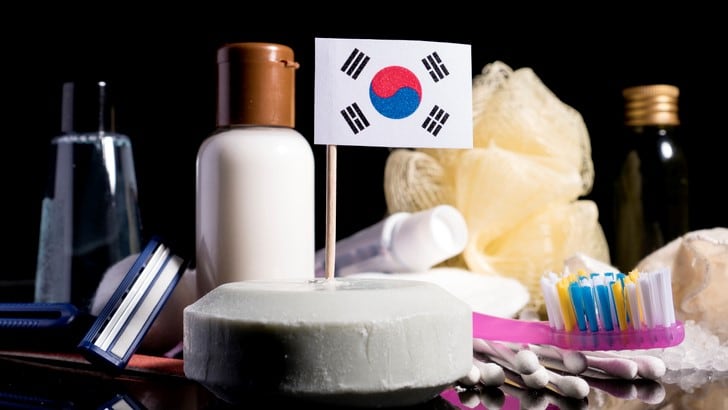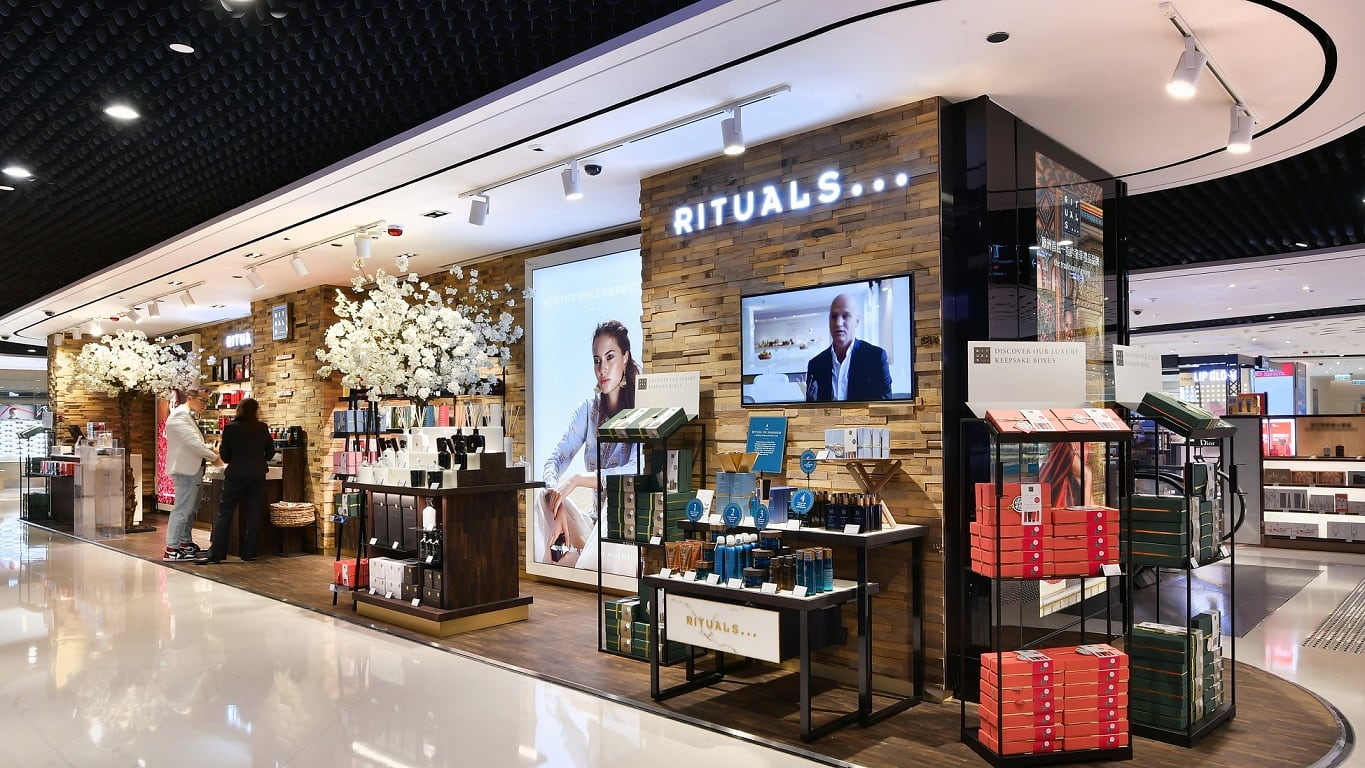Korean advertising guidelines have undergone many changes in recent years, said Chin. For instance, cosmetic companies used to be limited to using phrases from a pre-approved list.
Today claims such as anti-wrinkles can only be made with approval from the Ministry of Food and Drug Safety (MFDS)
“Functional claims, such as SPF, whitening and anti-wrinkle, need to be approved by the Ministry of Food and Drug Safety before the product is released to market. And finally, claims such anti-ageing or anti-cellulite need to be substantiated with scientific data,” said SooYoung Chin, President of Chin Soo Young Consulting.
However, cosmetic companies still have to be aware of a few important rules. For instance, medical claims are still not permitted under any circumstances.
Chin stressed that expert recommendations are also prohibited, including those claiming to be endorsed by doctors and dermatologists.
“Brands need to be aware of a number of key phrases that are not currently permitted in advertising material in Korea. These include medical claims such as anti-inflammatory and detox as well as ‘repairs skin damage’.”
She added that superlatives words such as ‘best’, are also not allowed.
The influencer issue
Social media may be one of the most powerful marketing tools today, but Chin cautions that companies need to be more transparent with it, especially in regards to using key opinion leaders (KOLs).
The Fair Trade Commission (FTC), which regulates anti-competitive and unfair economic activities, has recently been looking into unethical marketing practices on social media.
Last year, the FTC launched an investigation into misleading social media advertising.
With the help of the state consumer agency and an Internet advertising foundation, the FTC is keeping track of online product reviews that appear misleading to consumers.
Currently, she added, the FTC and its allies are investigating brands which hire influencers to promote products without clearly marking them as a paid promotion.
“At the time of announcing the review, the FTC said influencer marketing has been widely used for cosmetics, small electronics and weight-loss supplements on social platforms, such as Instagram, and it is not clear whether the content is paid-for or genuinely honest reviews,’ said Chin.
Trends affect regulations
Chin expects the advertising regulations to continue shifting with the trends of the industry.
For instance, in light of the popularity of anti-pollution beauty products, the MFDS is preparing test guidelines for cosmetic products that combat fine dust particles, said Chin.
The natural and organic trend will also affect regulations, she added.
“It is also highly likely that the MFDS will regulate organic and natural claims as there is a certification system in place for organic and natural cosmetics from 2019.”
Lastly, she said: “I believe the Ministry of Food and Drug Safety will release more test guidelines for scientific and objective claims in the future.”
SooYoung Chin will be presenting The Korean advertisement regulation in the beauty industry – challenges and best practice at in-cosmetics Korea on Thursday 27 June from 10.30 to 11.15 in the Marketing Trends and Regulations Theatre.
in-cosmetics Korea takes place on 26-28 June 2019 at the Coex Exhibition Centre in Seoul. For more information and to receive the latest updates, please visit https://korea.in-cosmetics.com/register





